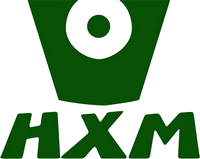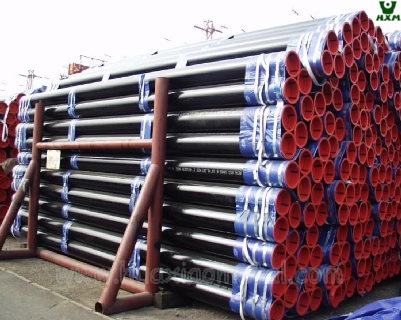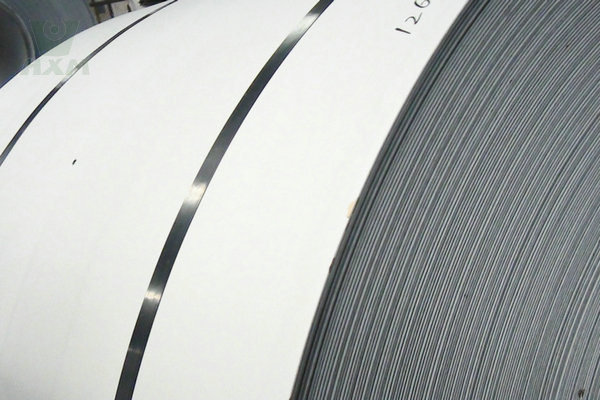Monel vs titanium are two excellent choices when it comes to choosing the right material for your industrial application. Both materials offer unique advantages and are suitable for different environments and uses. In this article, we will compare the two materials in terms of composition, performance, application, and price to help you make an informed choice.
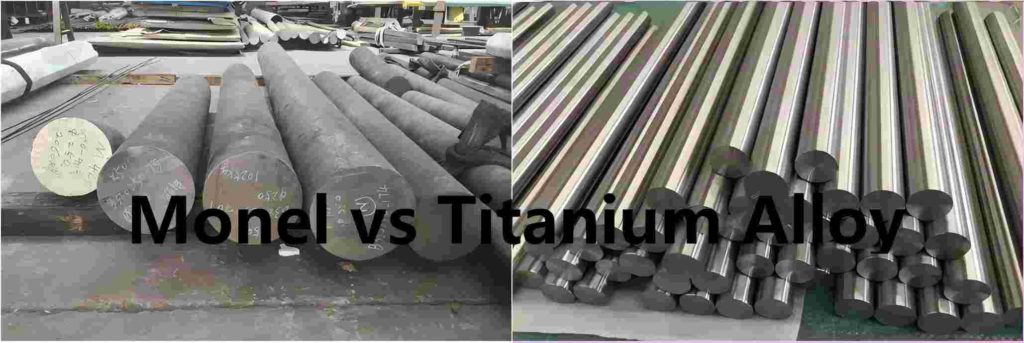
What is Monel Alloy?
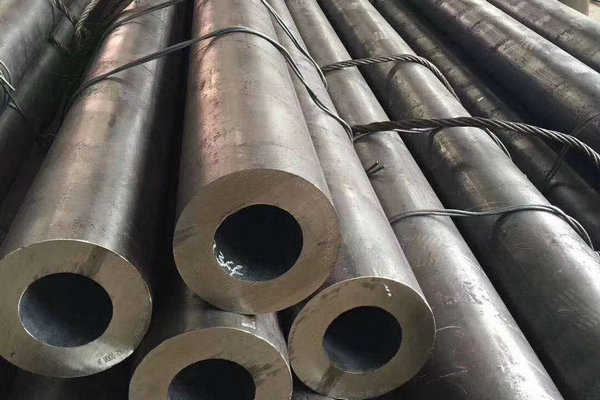
Monel Alloy
Monel Alloy Supplier and Manufacturer From China Monel Alloy is a high-performance alloy composed of nickel and copper, known for its excellent corrosion resistance and
Monel is a family of nickel-based alloys that typically contains 65–70% nickel, along with copper, iron, and other trace elements. Monel is renowned for its:
Exceptional corrosion resistance, particularly in marine and chemical environments.
High strength even at elevated temperatures.
Non-magnetic properties, making it useful in specialized applications.
What is Titanium Alloy?
Titanium alloys are lightweight, high-strength materials primarily composed of titanium, with the addition of elements like aluminum, vanadium, or molybdenum. Key features include:
High strength-to-weight ratio, making them ideal for aerospace and automotive industries.
Excellent corrosion resistance, especially against chlorides and oxidizing agents.
Biocompatibility, making them suitable for medical implants.
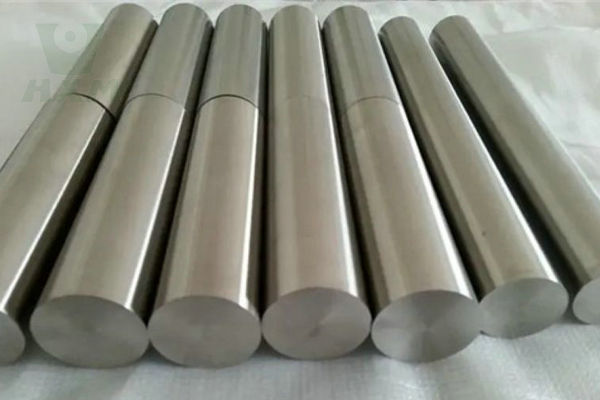
Titanium Alloy
Titanium Alloy Supplier and Manufacturer From China Huaxiao Metal is a China and Asia wide supplier of metal and titanium raw materials to the industrial,
Monel vs Titanium Alloy: What Are Their Differences?
Monel vs Titanium Alloy Equivalent Grades:
| Material | Common Grade | Equivalent Standards |
|---|---|---|
| Monel | Monel 400 | ASTM B164, UNS N04400, BS NA 13 |
| Monel K500 | ASTM B865, UNS N05500, BS NA 18 | |
| Titanium | Grade 2 | ASTM B348, UNS R50400, DIN 3.7035 |
| Grade 5 (Ti-6Al-4V) | ASTM B348, UNS R56400, DIN 3.7165 |
Monel vs Titanium Alloy Chemical Composition:
Monel Composition
| Grade | Nickel (Ni) | Copper (Cu) | Iron (Fe) | Others |
|---|---|---|---|---|
| Monel 400 | 63–70% | 28–34% | ≤2.5% | Carbon, Manganese |
| Monel K500 | 63–70% | 27–33% | ≤2.0% | Aluminum, Titanium |
Titanium Alloy Composition
| Grade | Titanium (Ti) | Aluminum (Al) | Vanadium (V) | Others |
|---|---|---|---|---|
| Grade 2 | 99.2% | – | – | Oxygen, Nitrogen |
| Grade 5 (Ti-6Al-4V) | 90% | 6% | 4% | Iron, Carbon |
Monel vs Titanium Alloy Mechanical Properties:
| Material | Grade | Tensile Strength (MPa) | Yield Strength (MPa) | Elongation (%) |
|---|---|---|---|---|
| Monel | Monel 400 | 550–700 | 240–345 | 20–35 |
| Monel K500 | 965–1100 | 690 | 15–25 | |
| Titanium | Grade 2 | 345 | 275 | 20–30 |
| Grade 5 (Ti-6Al-4V) | 895–950 | 825 | 10–14 |
Monel vs Titanium Alloy Physical Properties:
| Material | Grade | Density (g/cm³) | Melting Point (°C) | Thermal Conductivity (W/m·K) |
|---|---|---|---|---|
| Monel | Monel 400 | 8.8 | 1350–1400 | 21.8 |
| Monel K500 | 8.44 | 1350–1400 | 21.0 | |
| Titanium | Grade 2 | 4.51 | 1660 | 16.4 |
| Grade 5 (Ti-6Al-4V) | 4.43 | 1604 | 6.7 |
Monel vs Titanium Alloy Applications:
Monel Applications:
- Marine Industry: Propellers, pumps, and valves.
- Chemical Processing: Heat exchangers and piping systems.
- Oil and Gas: Offshore platforms and storage tanks.
Titanium Alloy Applications:
- Aerospace: Jet engines, airframes, and landing gear.
- Medical Field: Dental implants, prosthetics, and surgical instruments.
- Automotive: Lightweight performance parts and exhaust systems.
Monel vs Titanium Alloy Prices:
Price comparisons are mainly based on specific material grades, market supply and demand, processing requirements, and regional differences. If some alloy suppliers say that monel is cheaper than titanium, it may be based on a comparison in a specific situation (such as monel 400 vs titanium Grade 5). It is recommended to ask us for accurate information based on specific application scenarios and purchasing needs.
Monel vs Titanium Alloy Weldability:
Monel: Good weldability but requires specific techniques and filler metals to avoid cracking. Commonly welded using TIG or MIG methods.
Titanium Alloy: Excellent weldability, especially for pure titanium and alloys like Grade 5. Requires an inert atmosphere (argon) to prevent oxidation during welding.
Monel vs Titanium Alloy Machinability:
Monel: Challenging to machine due to its high toughness and work-hardening properties. Requires sharp tools and slower speeds.
Titanium Alloy: Difficult to machine due to its strength and low thermal conductivity, which can cause tool wear. Specialized tools and cooling systems are recommended.
Monel vs Titanium Alloy: Which One Should You Choose?
Choose Monel:
Your application involves marine environments or exposure to highly corrosive chemicals.
You need a material with non-magnetic properties.
Cost is not the primary concern.
Choose Titanium Alloy:
You need a lightweight material with high strength.
Your project involves biomedical or aerospace applications.
Cost-efficiency for weight-sensitive projects is critical.

Monel Alloy
Monel Alloy Supplier and Manufacturer From China Monel Alloy is a high-performance alloy composed of nickel and copper, known for its excellent corrosion resistance and

Titanium Alloy
Titanium Alloy Supplier and Manufacturer From China Huaxiao Metal is a China and Asia wide supplier of metal and titanium raw materials to the industrial,
Why Source Monel and Titanium Alloy from Us?
At Huaxiao Metal, we specialize in supplying premium-quality Monel and Titanium Alloy products tailored to your industrial needs. Our advantages include:
- Competitive pricing with flexible volume options.
- Strict quality control ensuring international standards compliance.
- Expertise in export logistics, ensuring timely and hassle-free delivery.
If you are looking for a Monel supplier or a Titanium manufacturer, contact us today for a free consultation or price quote.
